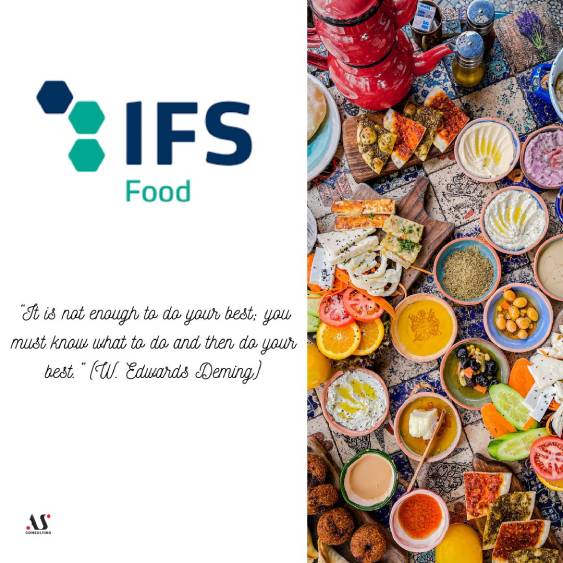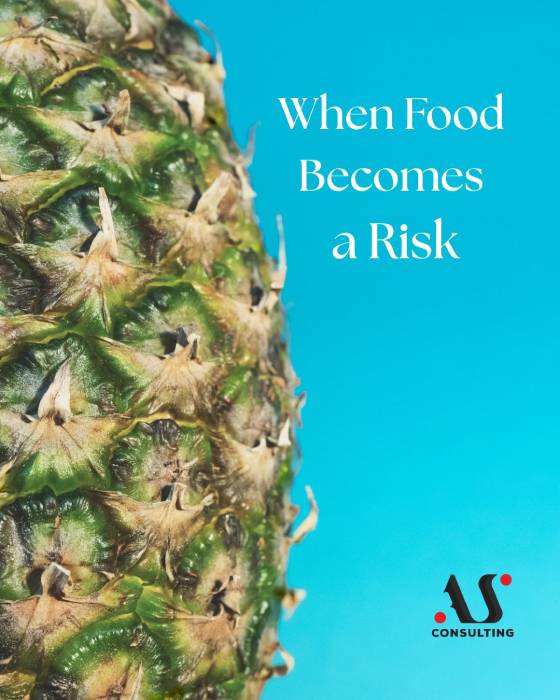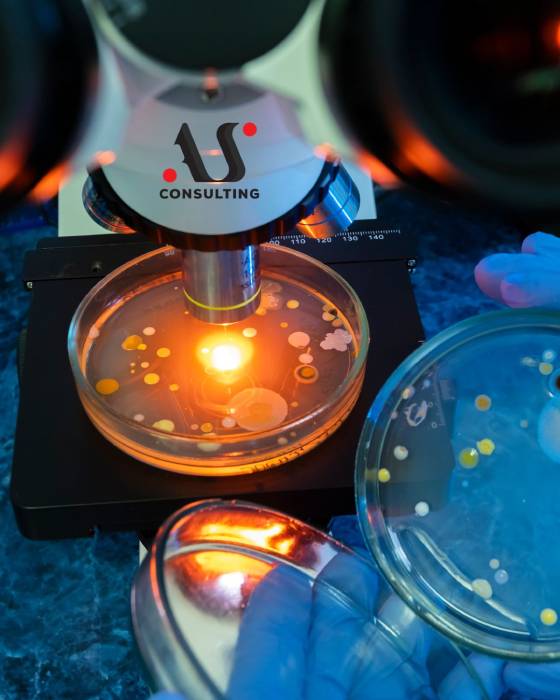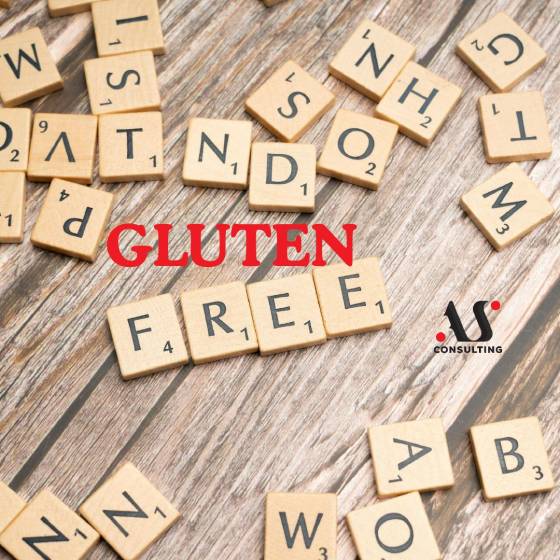
BRC FOOD STANDARD – WHAT VERSION 9 BRINGS
January 24, 2022
SOCIAL RESPONSIBILITY STANDARDS AND GUIDELINES
August 1, 2022IFS FOOD STANDARD – WHAT VERSION 8 BRINGS: A look at the draft version
Already a new version ?!
I think this is the most common reaction when the release of version 8 of the IFS Food standard is mentioned since most companies will not meet with audits according to the current version 7 until 2022.
What is the reason for this, in the opinion of most users, rapid changes? IFS explains the reasons:
• Adapting standards to the new Codex Alimentarius
• Adaptation of the standard to the forthcoming ISO22003-2
• Review of the scoring system, especially B grades
• Feedback from stakeholders
• Market changes
The new version 8 checklist is expected to be finalized in June 2022, after which IFS will announce further steps
What changes can we expect in version 8?
According to the currently available draft version, the changes we can expect concern:
• Giving even more importance to the product and process approach, with the aim of collecting a representative sample of products and processes in order to obtain as close information as possible about the location of production and products from the site;
• In case production operations are started on the site, IFS recommends that the initial audit be performed at least 3 months after starting them;
• In case of emergencies, in which the certified site is obliged to notify the certification body within 3 working days (such as revocation, deviations from state authorities, etc.), the certification body is obliged to notify IFS Management Gmbh within 3 working days
from the date of receipt of information by the company and within 10 working days about the root cause analysis of the situation;
• Defining the scope of certification is more clearly described, where the standard emphasizes that the use of words is prohibited: storage, transport, development, distribution;
• IFS audit must always be conducted on site (full online version not allowed) but in case of specific circumstances it is allowed to conduct “IFS split audit”, where first “on-site” audit is conducted and then “remote” audit ;
• The option of unannounced audits remains mandatory at least once in a three-year cycle, starting in 2021 when the cycle counts: during an unannounced audits, usually 30 minutes after the auditor enters the site, a site tour begins; in case the company refuses to enter the auditor for an unannounced audit, the IFS certificate is withdrawn max 2 working days after the audit;
SCORING SYSTEM:
We would say that we are going back to the old one regarding deviation B, but not completely:
For KO requirements, the scoring system now looks like this:
| RESULT | EXPLANATION | POINTS |
| A | Full compliance | 20 points |
| KO (B)-deviation | Small part of the requirement is not implemented, with no impact on food safety, legality and customer requirements | 0 poena |
| C (deviation) | Part of the requirement is not implemented | No „C“ scoring is possible |
| D (= KO –nonconformity) | The requirement is not implemented | KO nonconformity will subtract 50% of the possible total amount, the certificate can not be issued |
While the assessment of non-KO requests looks like this:
| RESULT | EXPLANATION | POINTS |
| A | Full compliance | 20 points |
| B (deviation) | Almost full compliance | 15 points |
| C (deviation) | Part of the requirement is not implemented | 5 points |
| D (deviation) | The requirement is not implemented | -20 points |
This seems to be an expected change given the controversy surrounding the B scoring in version 7, which is not fully understood and where the same situation is interpreted differently depending on subjective experience (whether deviation or recommendation), which according to IFS rules it should not be the case.
• Time for implementation of corrective actions: Corrections, as in current version, must be implemented 4 weeks after the audit and evidence of implementation must be sent to the certification body, in order for the certificate to be issued; the novelty concerns the implementation of corrective actions, where the date of implementation must be confirmed within 4 weeks, although they may be implemented later;
AND WHAT DOES THE LIST CHECK SAY?
As expected, one of the obligatory elements of corporate policy is now the issue of authenticity (food fraud) as well as sustainability; The objectives define the minimum elements that are expected to be involved (such as policy, accountability, training, product safety issues);
• Management review, as well as site inspections must be performed at least once every 12 months, or in case of changes occur;
• Chapter 2 traditionally follows HACCP steps and principles, but when identifying the intended use of a product, the identification of consumers is now emphasized; Validation of HACCP plans is required after any modifications that may affect product safety;
• In Chapter 3, which deals with human resources, we have minor changes / additions, such as personal hygiene rules must include any types of cigarettes, fake nails and eyelashes, covering injuries with waterproof color patches, mandatory training on food fraud;
• Chapter 4 brings us a change related to KO requirement number 4, which has so far referred to recipes / formulas. In version 8, this KO requirement is part of the chapter “customer contracts” and refers to compliance with customer contracts concerning:
- Recipe (including raw material characteristics)
- Process
- Technological requirements
- Testing and monitoring plans
- Packaging
- Labelling
Expected requirement 4.2.2.1. from version 7 (KO number 4) has been deleted.
• Emphasis is placed on issues of authenticity so that the chapter on procurement is now entitled “Procurement and food fraud mitigation”, where the procurement procedure now focuses on all potential risks but also procurement in emergencies (a requirement we encounter in FSSC22000 standard 5.1);
• Correctness of labels should no longer be a problem, as the requirement of the standard introduces mandatory verification and documentation, at least at the beginning and end of production, as well as when changing products;
• The cleaning and disinfection plans go into more detail, so we are now obliged to specify the time interval of the planned operations, as well as the criteria for the existence of CIP cleaning (if applicable);
• During maintenance, it is mandatory to include all production and storage facilities in the preventive maintenance plans, but also to ensure the safety, legality and authenticity of the product during and after maintenance;
• Chapter 6-food defense now becomes part of Chapter 4, more precisely comes to 4.21, so that the standard now consists of 5 chapters;
• Analyzes are now becoming more clear, as the standard requires the plans themselves to include raw materials, semi-finished products, finished products, packaging and clear criteria for environmental monitoring; Verification of internal results by accredited methods must be carried out at least annually;
• Changes are also taking place in KO requirement number 9, which now includes recalls, withdrawals, incidents and potential emergencies that may affect product safety, quality, authenticity and legality, so it is necessary to clearly define the procedure (defining responsibilities, training responsible persons, decision-making process);
• We close the changes by the procedure for managing deviations, non-conformities, corrections and corrective actions, where the standard requires users to close non-conformities in a way to prevent their recurrence, which requires analysis of causes of non-conformities at least for deviations related to quality, legality, safety, authenticity and deviations that recurred.
From this brief overview of the basic changes, it can be concluded that the standard is moving towards a new version in order to clarify the ambiguities observed in previous versions, but also to emphasize the topics that are talked about a lot but in which the number of incidents , it does not reduce (food fraud). It is good that the grade B is now more clear, because in version 7 it is almost that we do not have it (and all due to insufficient understanding of what can actually be rated B), so the general impression is that version 8 improvement over version 7.
IF YOU WANT TO KNOW THE REQUIREMENTS OF IFS FOOD STANDARDS VERSION 8, YOU CAN CONTACT US AND PROVIDE OUR EMPLOYEES WITH TIME TRAINING !!!




